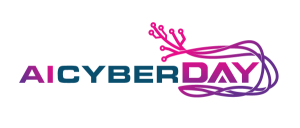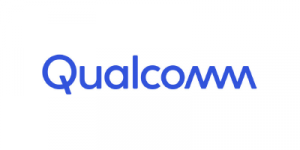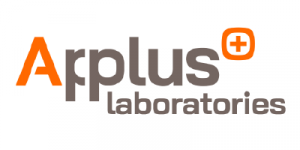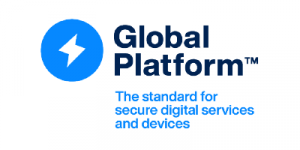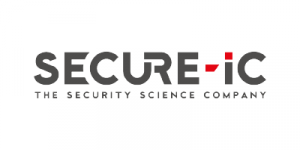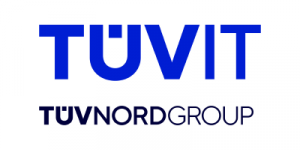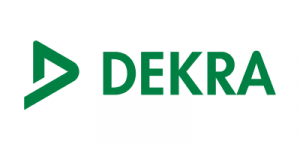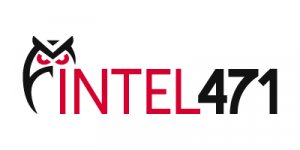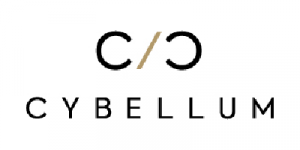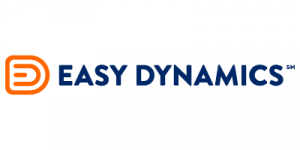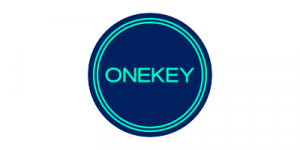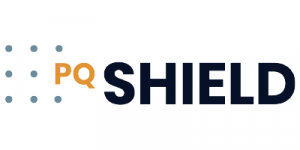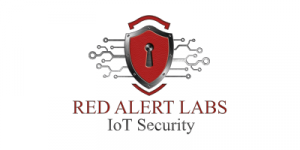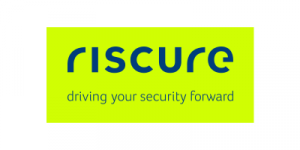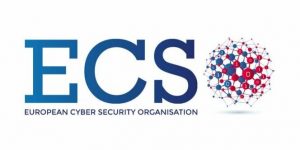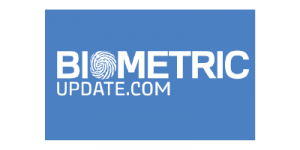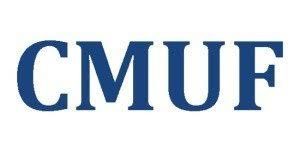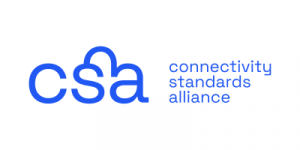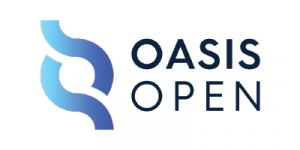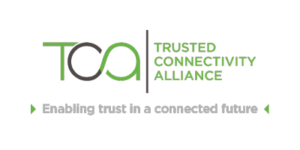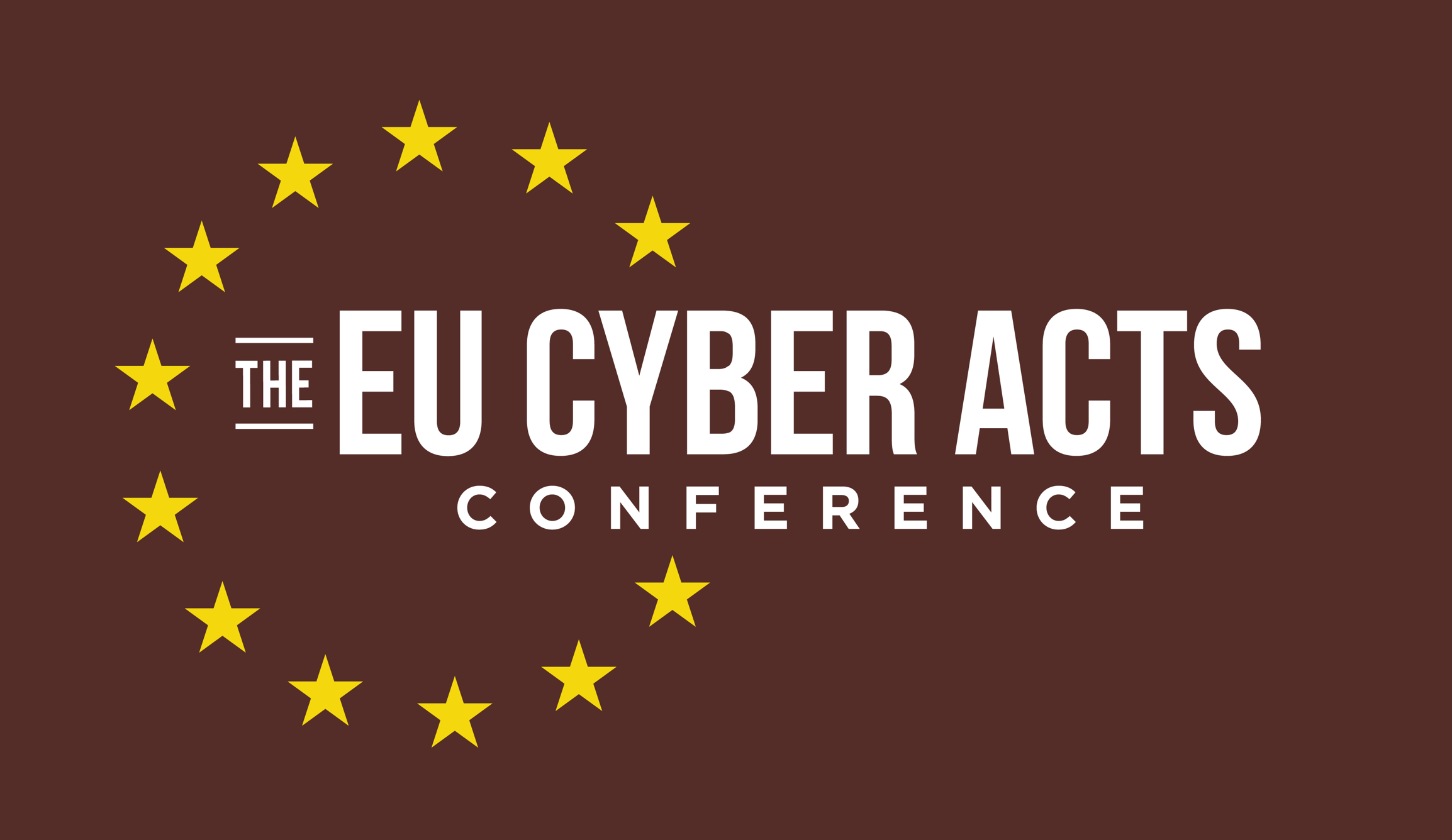
- Home
- Conference Info
- Register Now
- Sponsoring
- About
Thanks to all 2024 participants. Mark your calendar for next year’s event: 25-27 March 2025


Brussels, Belgium





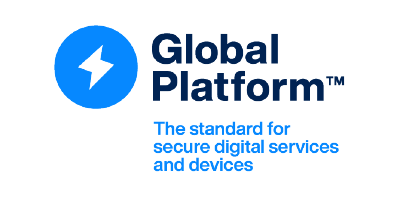




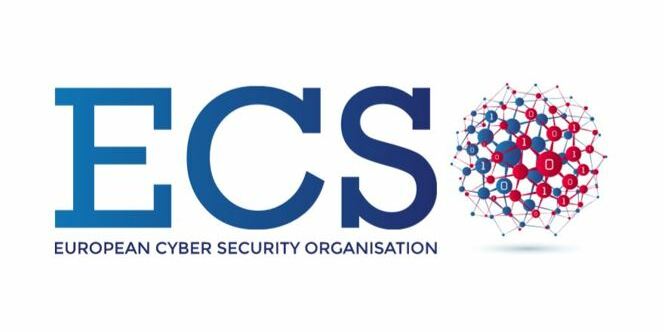

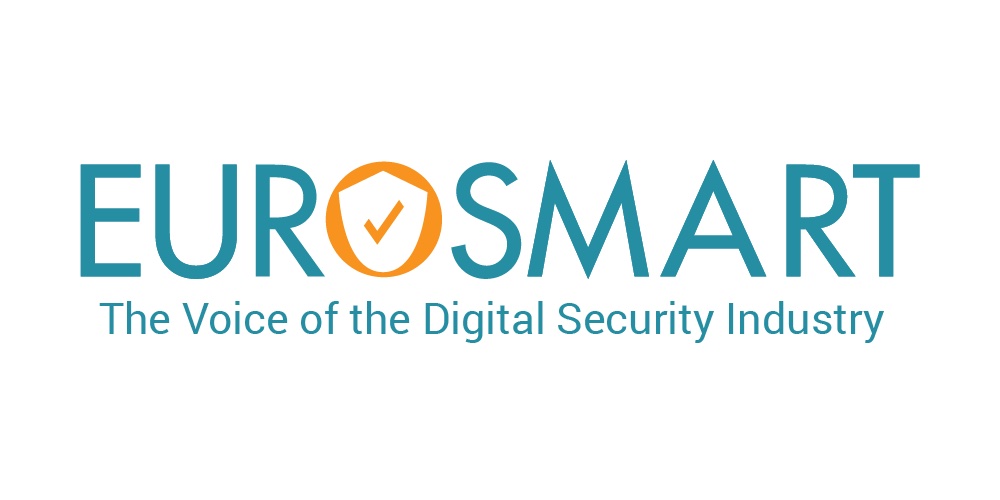


The coming mandatory framework that will
affect all digital service providers.
Join the Global Forum on the Changing Future of Cross-Border Certification
In the past seven years, the European Union has made landmark efforts to bolster defenses against cyber-attacks and improve product security. The EU Cybersecurity Act (CSA), under development since 2018, is creating an extensive independent European body of cybersecurity regulation as part of the “single digital market” goal. The more recent Cyber Security Resilience Act (CRA) targets a broad swath of consumer products including IoT, cloud, communications, payments, automotive, and more. Product developers will be required to protect their systems and networks from cyber threats, and report significant security incidents. A certification scheme is coming—outlines of the program will become clear over the next 2 years.
These mandates have produced wide-ranging effects on the international standards community, and developers of ICT products and services worldwide will bear a considerable burden under forthcoming certification requirements. But certification will also provide reassurance to consumers that their data is being protected, and increase trust in the global digital economy. Now is the time to begin planning for and participating in ongoing changes.
An Independent Forum, Designed for a Global Audience
EU requirements will affect the ICT product community beyond the EU, for good and for bad. For sixth year, the International Conference on the EU Cyber Security and Resilience Acts will bring together product developers and the standards community from 27 countries to prepare for the coming evolution of risk-based frameworks that will address market fragmentation across borders. Topics include 5G Standards, IoT Schemes, Artificial Intelligence, Industrial Automation Control Systems (IACS), ETSI EN 303645, CEN/CENELEC JTC13 WG3, EUCC, Union Rolling Work Programme (URWP), NIS Directive, Cloud Standards, Lightweight Standards, IACS, SESIP, Secure Development Lifecycle (SDL), and Global Platform. Both the CSA and CRA will change the digital landscape over the next several years. Register for the EU Cyber Acts Conference today and prepare for what’s to come.

Meet in Brussels: Command Center for the Future of EU Cybersecurity
As host city for the European Parliament and the Council of the EU, Brussels is at the center of efforts to increase the safety of the EU’s digital environment. ENISA, the EU Agency for Network and Information Security, is empowered by the EU Cyber Act to support EU Member States against cybersecurity threats and attacks. The city also hosts many agencies, non-government organizations, and private companies that support these efforts.
Who Should Attend
Conference topics will be of interest to the entire standards community, including Certification Bodies, Evaluation Laboratories, Researchers, Evaluators, Policy Makers, Product Developers, Sellers and Buyers interested in the specification, development, evaluation, and certification of IT security in Europe, North America and Asia.
The Conference Video Archive is available via registrant login here, or for purchase here.
Renewal registration rates are in effect.
Presented in Conjunction With
New for 2024, AI Cyber Day will focus on the global development of cybersecurity certification frameworks tailored specifically for AI systems. Both the EU and the US are actively developing regulatory frameworks that will establish a set of common criteria, methodologies, and evaluation processes to assess the security and resilience of data products that incorporate AI technologies. AI Cyber Day will bring you up to date on efforts to develop these frameworks, the outlook for future regulation, and best practices to mitigate cybersecurity risks and insure compliance throughout the AI lifecycle. Click here for more information.

Produced with the support of ISO/IEC JTC 1/SC 27/WG 3, the working group responsible for the development of the global standard for cryptographic security, ISO/IEC 19790. Participants will receive an update on the several standards that build the ecosystem around ISO/IEC 19790 and an overview of the recent activities of the WG 3 working group. Presentations by certification schemes, industry experts, and product developers will provide first hand experience and expert insights on the evolution of cryptographic security in a real-world environment. Presented on 28 March. Click here for more information.
Speakers 2024
Silur Endre Abraham
Founder, DefainceArnold Abromeit
Senior Security Consultant/Evaluator, TÜViTMohamedene Ahmeyada
Certification & Standardization , Secure-ICDavide Ariu
CEO, Pluribus OneMiguel Bañon
Independent Consultant, Convenor ISO/IEC JTC 1/SC 27/WG 3Monique Bakker
Senior Security Expert, Rijksinspectie Digitale InfrastructuurAdrien Bécue
AI & Cybersecurity Expert, ThalesChloe Blondeau
Seconded National Expert, European Union Agency for Cybersecurity (ENISA)Philippe Blot
Head of Sector Certification, European Union Agency for Cybersecurity (ENISA)John Boggie
President, EurosmartFritz Bollmann
Head of Software Certification, Bundesamt für Sicherheit in der Informationstechnik (BSI)Tony Boswell
Senior Principal Consultant, CyTAL UK LtdMartin Chapman
Independent ConsultantRob Coombs
Director, ATG, ArmEric Crusius
Partner, Holland & KnightAngelo D’Amato
Lead Principal, UL SolutionsBoniface de Champris
Policy Manager, Computer and Communications Industry Association (CCIA)Debra Delise
VP of Security Business Unit, Analog DevicesOmar Dhaher
Associate Technical Director, DIGITALEUROPEStephane Di Vito
Senior Director and Lead Security Architect for Trusted Edge Solutions, Analog Devices Inc.Jan Eichholz
Director, Head of Security, Giesecke+Devrient Mobile SecurityMaria Eichlseder
Assistant Professor of Cryptography, Co-designer of Ascon, Graz University of TechnologyAlexander Eisenberg
Head of Office EU Technical Market Access, BSH Home Appliances S.A.Willy Fabritius
Knowledge, Global Head Strategy & Business Development, Information Security Assurance, SGS North AmericaAlban Feraud
Regulatory Affairs, Market & Business Development, IDEMIAMaika Föhrenbach
Team leader for certification, CNECT.H.2 - Cybersecurity and Digital Privacy Policy, European CommissionApostolos Fournaris
Researcher, Athena Research & Innovation CenterWalter Fumy
Chairman Emeritus, ISO/IEC JTC 1/SC 27 IT Security TechniquesDr. Igor Furgel
Head of Certification Body Deutsche Telekom Security GmbHLucile Gallant-Boisard
Security Consultant, Internet of TrustKlementina Geyer
Common Criteria Certification Expert, Bundesamt für Sicherheit in der Informationstechnik (BSI)Sylvain Guilley
CTO, Secure-IC S.A.S.Gabor Hornyak
Head of Site & Process Certification, NXP SemiconductorsMatthias Intemann
Head of Certification, Bundesamt für Sicherheit in der Informationstechnik (BSI)Adam Janovský
PhD Candidate, Masaryk UniversityAnders Jonson
Member ENISA AHWG EUCS, Founder & Senior Advisor, SecureAppboxBret Jordan
Chief Security Strategist, AferoAlexey Kirichenko
Research Collaboration Manager, University of JyväskyläBen Kokx
Director Standardization Product Security, PhilipsTheresa Krüger
Certifier, Deutsche Telekom Security GmbHDr. Dennis Kügler
Head of Standardization, Certification Policy, Supervision, Bundesamt für Sicherheit in der Informationstechnik (BSI), GermanyMarc Le Guin
Head of Evaluation Body IT Security, TÜV Informationstechnik GmbHGuido Lobrano
Senior Vice President & Director General for Europe, ITI – The Information Technology Industry CouncilVolkmar Lotz
Senior Manager and Chief Research Strategist, SAPPetra Manche
Common Criteria Manager, CiscoThora Markert
Head of AI Research and Governance, TÜV Informationstechnik GmbHArnaud Martin
Expert Cybersecurity Regulation and Standardisation, AgoriaJose Emilio Rico MartÍnez
Business Development and Strategy, DEKRA Testing and Certification S.A.U.Vasileios Mavroeidis
Professor for Cybersecurity, University of OsloGabriele Mazzini
Team Leader AI Act, European Commission
Sponsors 2024
Renewal Registration Rate in effect: €840
Register by 24 September to save €570 off the Regular 3-Day Conference Fee (€1410).Includes access to conference activities for Crypto Module Day, and AI Cyber Day, 25 March, and EU Cyber Acts Conference, 26-27 March, including breaks, lunches, receptions, exhibitor showcase, and all conference materials.
Renewal Registration Rate in effect: €610
Register by 25 September to save €480 off the Regular 2-Day Conference Fee (€1090).Includes access to EU Cyber Acts Conference, 26-27 March, including breaks, lunches, receptions, exhibitor showcase, and all conference materials.
Cancellation Policy: All fees will be refunded for cancellations received in writing by 5 March 2025. No refunds are available for cancellations after 5 March 2025. Substitutions are permitted at any time. For registration terms and conditions and wire transfer payment information, please click here. For registration assistance, contact Nikki Principe at [email protected].
Conference Tracks
 Industry Alignment: Efforts by the international technical community to align frameworks with government standards while responding to the needs of the market.
Industry Alignment: Efforts by the international technical community to align frameworks with government standards while responding to the needs of the market.
 Industrial Strategies: An analysis of current voluntary certification standards for industrial automation and energy, and potential transitions to mandatory international certification.
Industrial Strategies: An analysis of current voluntary certification standards for industrial automation and energy, and potential transitions to mandatory international certification.
 IoT Challenges: A survey of the large, fast-growing certification landscape for connected devices and the cost, performance, and power constraints that necessitate security compromises.
IoT Challenges: A survey of the large, fast-growing certification landscape for connected devices and the cost, performance, and power constraints that necessitate security compromises.
 Public Policy: Updates from public schemes and associations on the development of standards in response to evolving security risks across multiple sectors.
Public Policy: Updates from public schemes and associations on the development of standards in response to evolving security risks across multiple sectors.
 Cloud and GDPR Frameworks: A look at cloud scheme initiatives and efforts to leverage existing certifications in the transition to frameworks that align with international regulations such as GDPR.
Cloud and GDPR Frameworks: A look at cloud scheme initiatives and efforts to leverage existing certifications in the transition to frameworks that align with international regulations such as GDPR.
 Outlook/Opportunities: Updates on leading government initiatives for global certification and perspectives on the business benefits of security evaluations.
Outlook/Opportunities: Updates on leading government initiatives for global certification and perspectives on the business benefits of security evaluations.
 Standards for Success: Review of standardization efforts under various national frameworks (a key factor for CSA success) and the limitations of standards in a real-world environment.
Standards for Success: Review of standardization efforts under various national frameworks (a key factor for CSA success) and the limitations of standards in a real-world environment.
 Innovations in Assurance: Best practices for maintaining certification in the face of new cybersecurity regulations, expanding product lines, and frequent product updates.
Innovations in Assurance: Best practices for maintaining certification in the face of new cybersecurity regulations, expanding product lines, and frequent product updates.
The EU Cyber Act Conference Starts In
Recent Tweets
Join today @Qualcomm’s Dan O’Loughlin at the @EUCyberAct Conference to find out more about the latest security certification developments aimed at bringing the highest level of cybersecurity across the latest innovative technology breakthroughs. https://bit.ly/3Vap2zN
#ICYMI: This week, ITI Director General for Europe @LobranoG joined @EUCyberAct to discuss industry’s perspective on leveraging #AI for cybersecurity and the current #cyber policy landscape.
Don’t miss GlobalPlatform representative Carlos Serratos at the @EUCyberAct conference today. At 17:00 CET in Ballroom A, Carlos will be delivering the presentation “The big picture – matching regulations and compliance using composition”. We hope to see you there!
